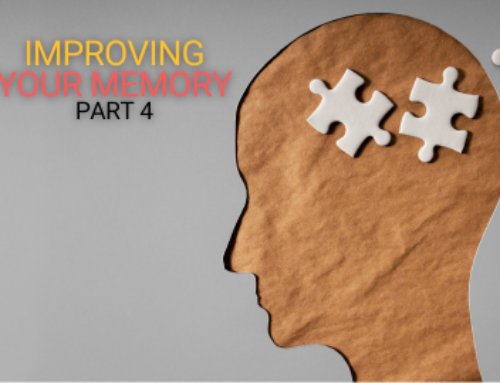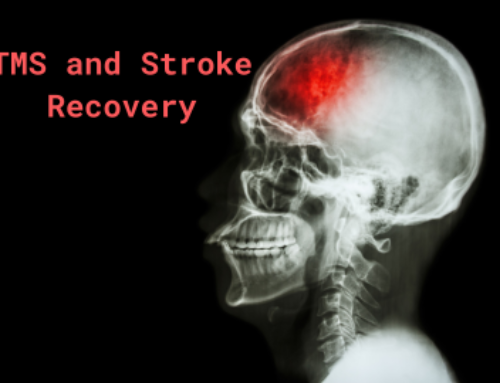How to Get Better Exercise with Depression
A 2017 study published by the American Journal of Psychiatry associates taking up regular exercise, regardless of intensity, was connected with reduced occurrence of depression. Studies continue, but the data suggests that about 12% of depression cases could be curbed with at least an hour of exercise every week.
We all know that exercise is good for us, but every day, people encounter blocks to a healthy exercise regimen. Difficulties with scheduling and lack of guidance, for instance. Depression is a common obstacle to physical activity for reasons like these:
− Depression encourages withdrawal
− Depression can cause executive dysfunction
− Depression can cause lethargy
− Depression can cause or contribute to pain like headaches or joint pain
Exercising when depression is holding you back is hard to do, but there are ways to make it easier and more actionable so that it can become a habit. Check out our blog on how to get more energy when you have depression here.
Find out what your body needs. Consult your physician to find the best place to start. It might be best to start with mobility, flexibility, or building muscle. The point is to find what will work for you starting with where you are.
Pick something you don’t hate. If you choose an activity at random and start doing something that is boring and uncomfortable, you’ll notice every ache that much more and want to stop. Maybe you hate running but have no problem hitting the weights. Maybe swimming feels great, but yoga feels awkward. If your doctor doesn’t think it’s a bad idea, go for it.
Don’t pick something too difficult. If you’re just now getting off the couch, don’t go rock climbing yet. Try hiking a low-difficulty trail or taking a ramble in the park—always make sure someone knows where you’re going and carry water. Choose something suitable for your skill level and your physical ability.
Place exercise in your schedule. The morning might work, or early evening, or you go to a class three times a week. Try fitting exercise into your everyday activities, like taking the stairs instead of the elevator, parking further away from your destination, or try a standing desk.
Something enjoyable, safe, and accessible is a good formula for starting an exercise regimen. Don’t worry if it doesn’t become a habit right away, and don’t give up if it doesn’t start showing results right away. The important thing is to move. Walking half a mile to the convenience store isn’t nothing. Neither is doing some squats while you wait for your food to finish microwaving.
Don’t forget to give yourself credit for your efforts. Depression often saps our senses of reward and motivation, so it helps to make a conscious effort to give yourself some praise for working toward better health. If you have questions about our services for depression or want to make an appointment, contact us on our website or call (585) 442-6960.





